

Ninja Gaiden Sigma 2 is a game. Sounds obvious right? That’s like saying grass is green, water is wet, Ryan Seacrest is evil. Wrong. In an age where games are desperately trying to be movies, rock concerts, sporting events or fitness aids, it’s wonderfully refreshing when a game comes along that is so blatantly sure of itself and its medium. If we were to get all flowery about it, we could even make a case for comparing Sigma 2 to Pong or Tetris – placing it lovingly into that category of classic games that champion the purity of play, and dismiss everything else as window dressing and chintz. Don’t worry, though: we won’t.
What we will say is that Ninja Gaiden has always been about action, and Sigma 2 is no exception. The plot is thinner than Posh Spice on a nothing-but-millet diet, and the levels are relatively ugly and sterile compared to more bombastic adventure games like Devil May Cry and God of War, but at its heart there’s a silky-smooth combat system that makes you feel like an absolute god: once you get to grips with it.
Fighting almost feels too simple – quick slashes are mapped to Square, heavy attacks to Triangle, blocking to L1, and jumping to X. The key is chaining together slashes to pull off incredible, beautifully animated combos. Bashing buttons and learning the basics will get you through the first few levels on acolyte (easy), but to finish the game – and get the most out of it – you need to master the deceptively deep martial arts mechanics. It isn’t until you look at the moves list in the inventory screen that you realise how many combos are at your disposal… per weapon. Rather than being intimidating, it encourages you to play around with each blade, learning Ninja Gaiden’s intricacies.
Combined with the steep difficulty curve the quantity of devastating moves and well-designed weaponry makes every kill, from the lowliest of enemy ninja, right through to the biggest demon, feel like a small personal victory. When you see Ryu Hayabusa (your playable character through the majority of the story) flick a ninja above his head with his Eclipse scythe before neatly chopping him in half, it’s a seriously satisfying moment. The way the camera zooms in for a closer inspection of the kill, and the meaty slicing sound that accompanies each ‘obliteration’ move feels like a mini-reward too. It’s definitely something you have to earn – each fight with every individual enemy is a duel in itself.
Learning to block, counter and time your attacks (and even know which weapon will be most effective against who you’re facing) is the key to coming out on top. Difficult enough in a one-on-one brawler, but it reaches a whole new height of challenge when you’re battling seven or eight different opponents at once.
This unforgiving level of difficulty can also be the game’s undoing. We lost count of the number of times we had to hit the Continue option after being felled by a particularly hard boss, and we’re not proud of the language we used on those all-too-common occasions we were wiped out with a Heal and Save statue in sight. For some, this game will simply be too tough, and no amount of busty female ninja or larger than life instruments of death with convince less hardy players to push beyond the third or fourth level. Shame. And when regular play requires nerves of steel, every sloppy section or gameplay defect is twice as noticeable.
The camera, which many complained about in NG2 is still a little unruly, although it is noticeably better, and never proves too much of a problem. A far greater problem is some of the content that has been added to the story mode. The much-touted PS3-exclusive boss fight with the Statue of Liberty is a massive let down because it feels so obscure and unfair next to the game’s other, better thought-out boss battles. Defeating it is a grind, and there’s no obvious way to finish it off – we have no idea how we managed it.
Fortunately, the new bonus characters and their respective levels within the game are implemented with skill and subtlety. Each one feels sufficiently different to play as (no mean feat considering the array of weapons you pick up as Ryu) and their stages are perfectly suited to the moves and tools at their disposal. They also add a further three substantial levels to an already lengthy game: no concerns about a lack of longevity here.
Another worthwhile addition to the Ninja Gaiden experience is Team Missions. These separate ‘arena’ style battles let you play online co-op using any combination of character or weapon (once you’ve unlocked them by playing through the main game). Essentially, they take all the great combat and enemies from the main campaign, remove the hokey plot, and let you experiment with all the cool weapons and moves you’ve unlocked. You can combine ninpo spells (magic) to create awesome, screen filling blasts of co-op devastation, revive each other, and compete for a share of the overall Karma (points).
It seems like a fair swap for the Tests of Valour, which appeared as mid-game arena battles in the 360 version, but are absent from Sigma 2. That’s a change we can understand. However, a few of the other tweaks are more puzzling. The well-documented toning down of blood seems unnecessary – there’s enough decapitation, dismembering and skewering in this version to justify a mature rating, so it seems odd Team Ninja didn’t go the whole hog and have claret spurting liberally out of every wound. Come on guys – at least let us unlock it as a reward for finishing the game.
Similarly, we’re not sure why the Blacksmith options have been changed, either. In the original NG2 you could level up items with hard cash (Karma), but now you’re granted one ‘level up’ per shop, and you’re not allowed to max out any weapon until the second half of the game. True it encourages you to experiment with different blades, leading to a richer overall gaming experience, but it seems like an unnecessary theft of player freedom. If we want to boost our Tonfas up to the maximum level and use them to literally bust open the head of every fiend we encounter, then that should be our choice. We do appreciate the Guidance button, though, which shows you where you need to head whenever you hold R1.
So, the PS3 exclusive additions are a mixed bag. If you’re a multi-format man and have already blitzed through the game, you’ll love the co-op mode, but unless you’re the type who calls their first child Ryu (second one Ayane) and wears ninja socks to bed, we can’t recommend a re-buy. However, so few people bought NG2 first time around, this isn’t much of an issue. Sigma 2 is the purest, most hardcore fighting game on PS3 – no doubt. The action betters the likes of Devil May Cry 4, Heavenly Sword, and – from what we’ve seen – God of War 3. However, if you’re looking for a rich game world, or a plot that actually explains how you can be biking down a mountainside one minute and fighting a giant flaming armadillo the next, look elsewhere. If you want to feel like a badass ninja, have a great time slicing stuff up, and don’t mind a challenge, this is an essential purchase.
Sep 29, 2009



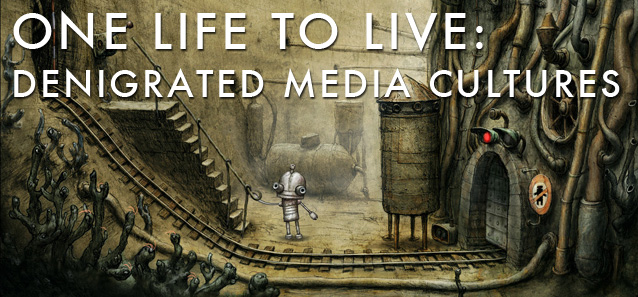
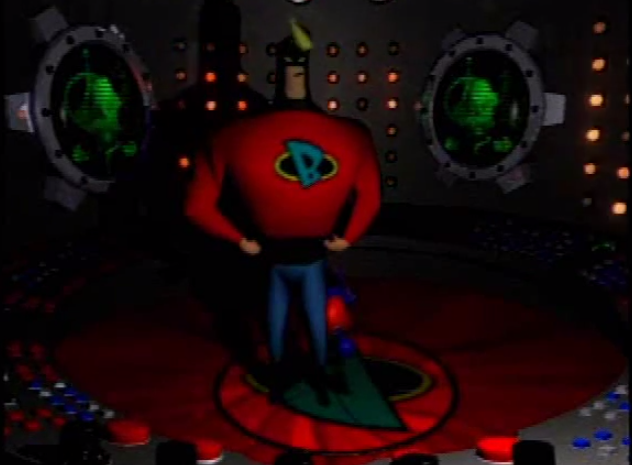 4 Failed Video Game Mascots You've Probably Never Heard Of
4 Failed Video Game Mascots You've Probably Never Heard Of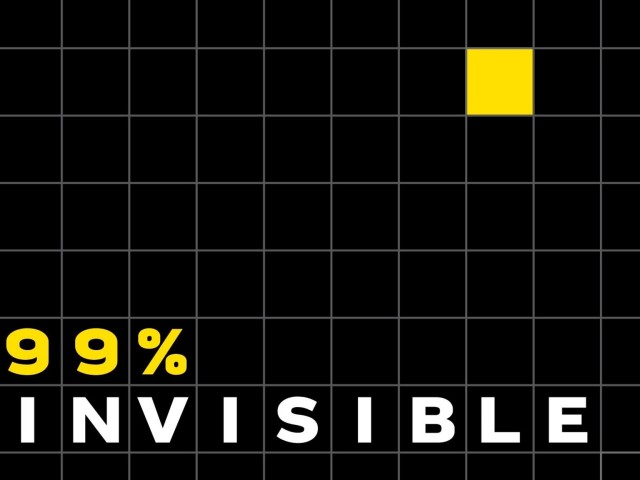 The 20 Best Podcasts of 2015: As Recommended by MakeUseOf
The 20 Best Podcasts of 2015: As Recommended by MakeUseOf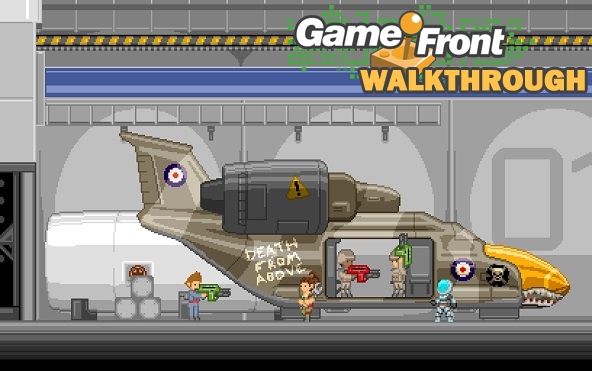 Starbound – Beta Beginner’s Guide
Starbound – Beta Beginner’s Guide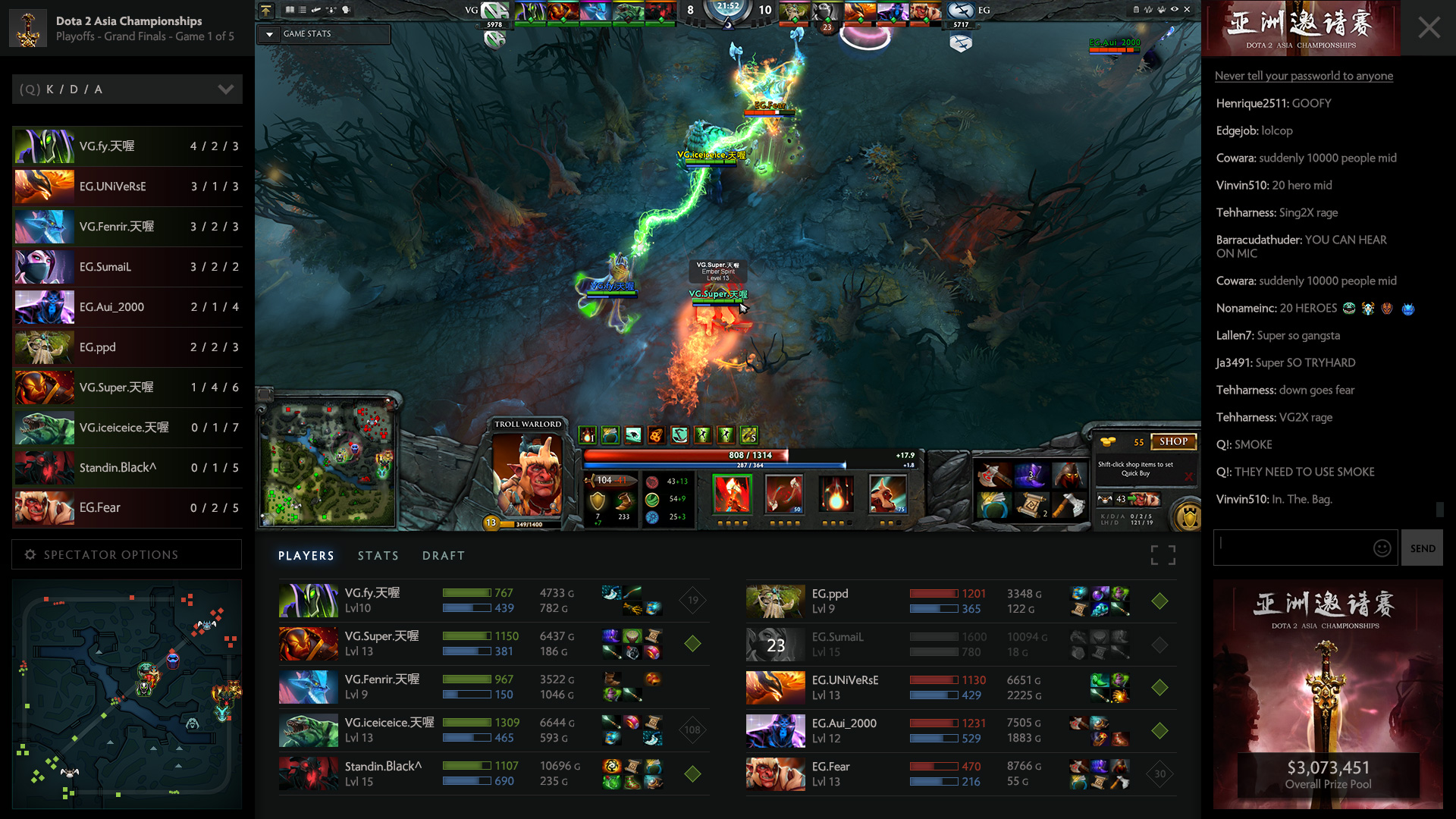 DOTA 2 Reborn Launch With New Engine, Interface and Custom Game System
DOTA 2 Reborn Launch With New Engine, Interface and Custom Game System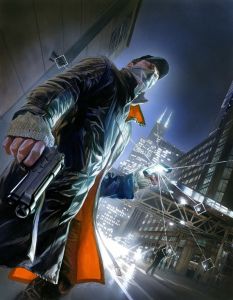 Watch Dogs Windows PC Guide to Fix Textures, Crashes, Sound, Invalid Redeem Codes Errors
Watch Dogs Windows PC Guide to Fix Textures, Crashes, Sound, Invalid Redeem Codes Errors